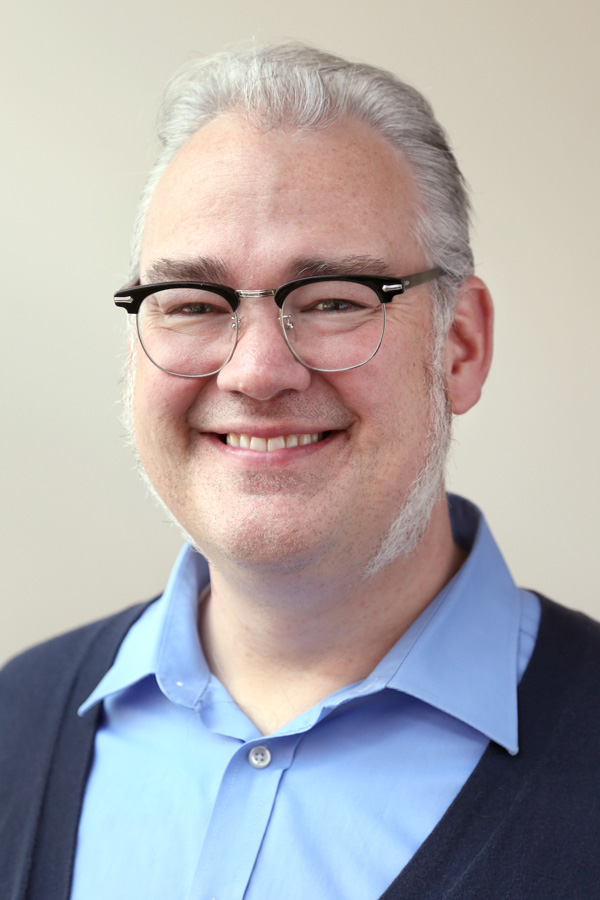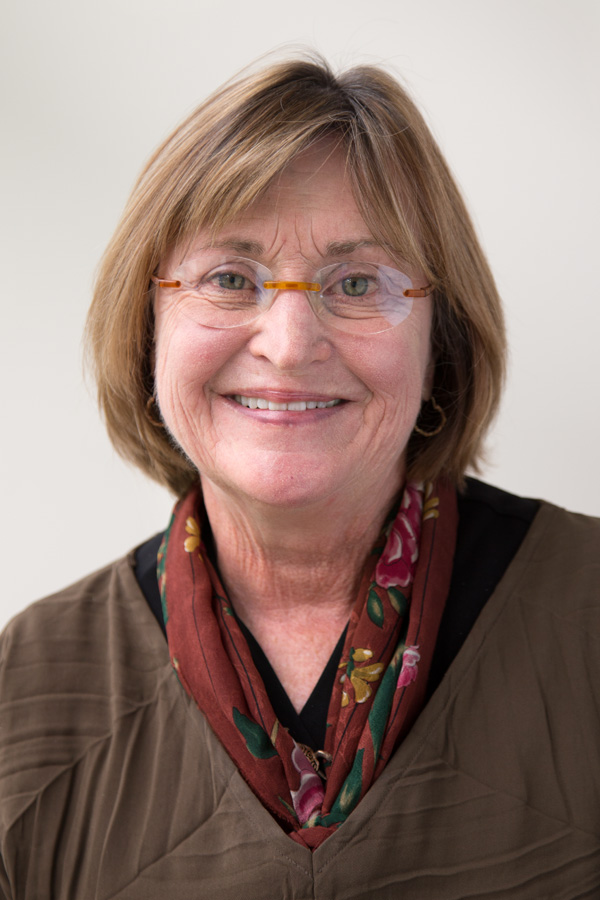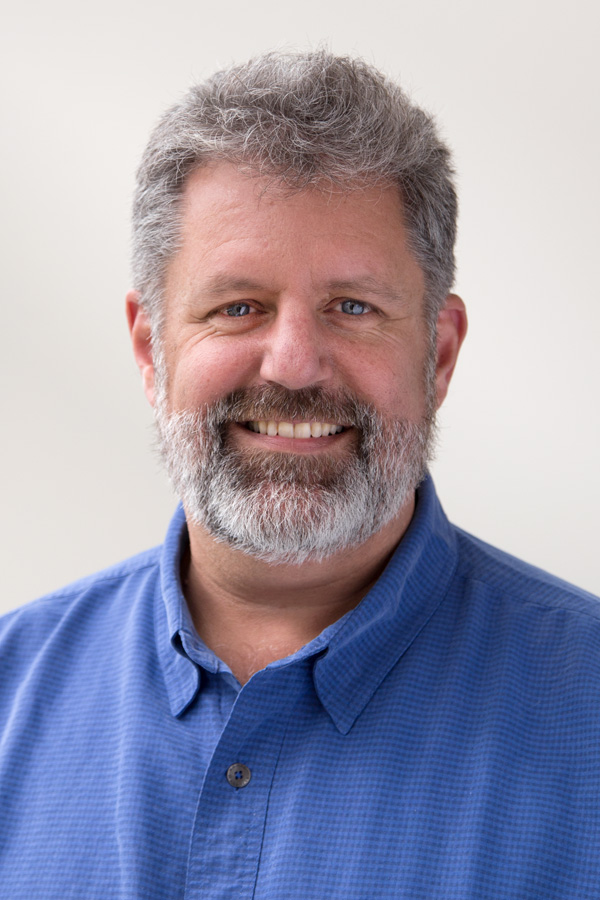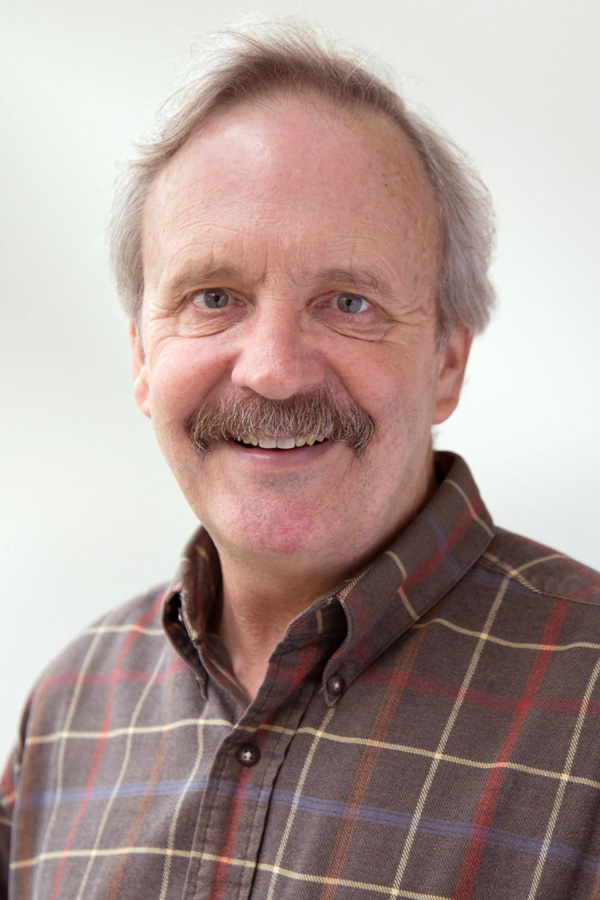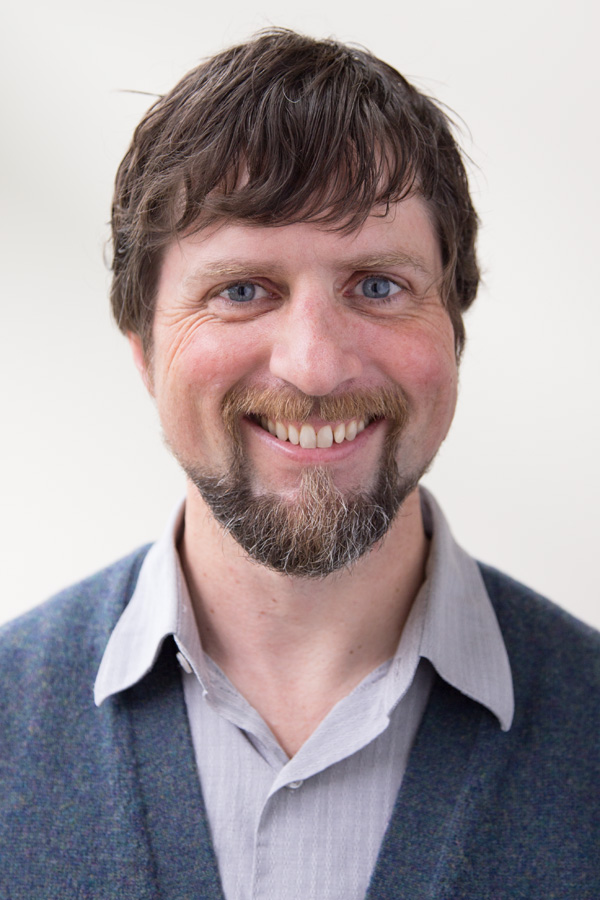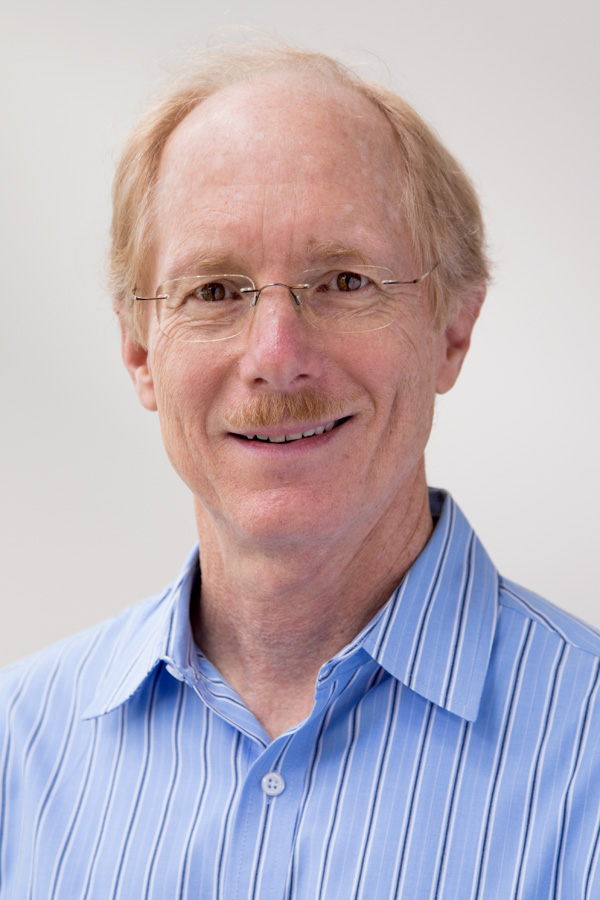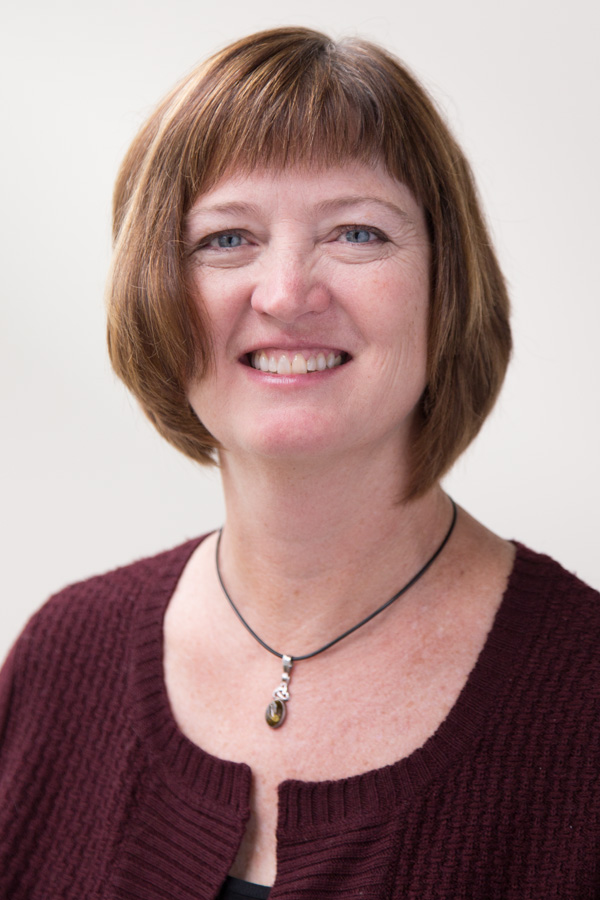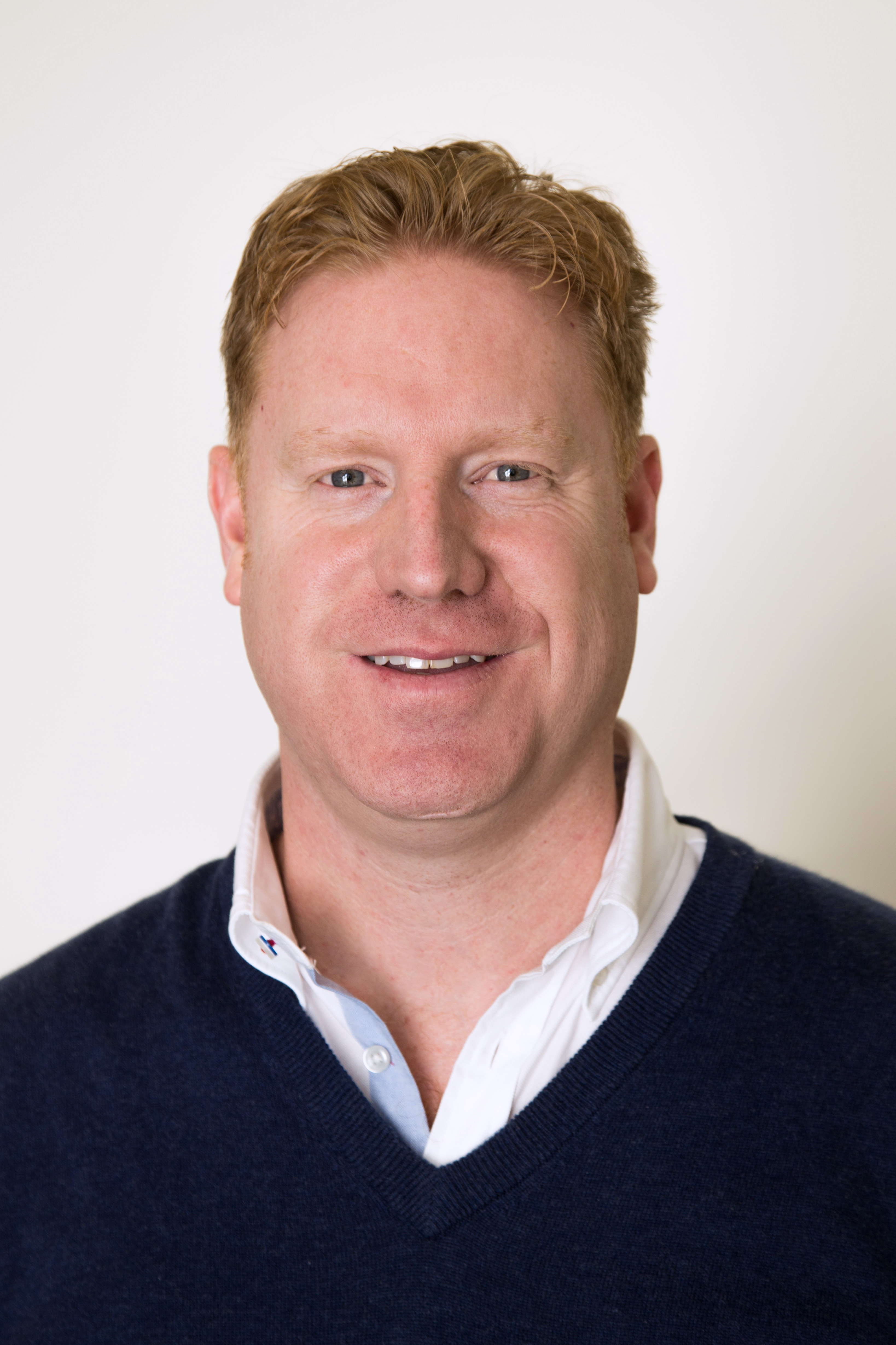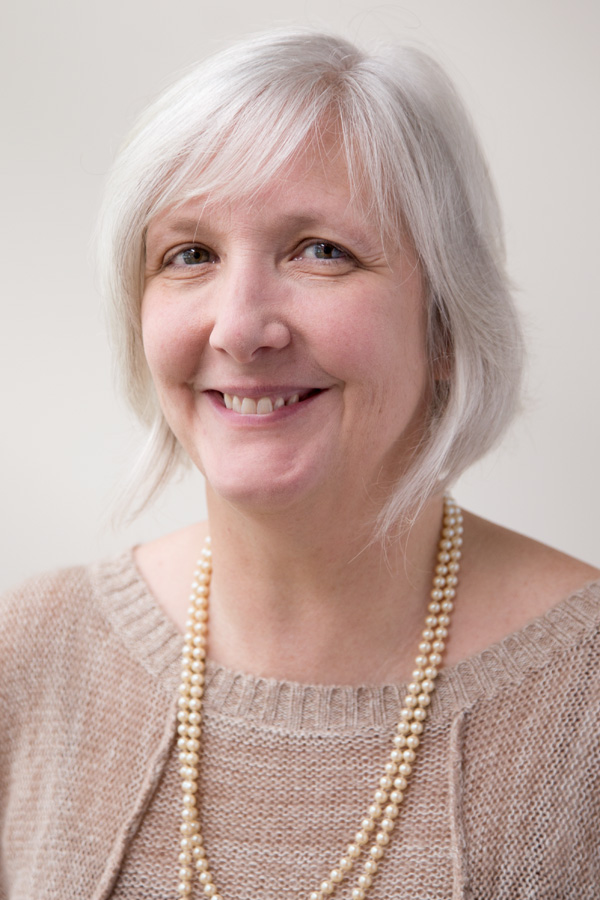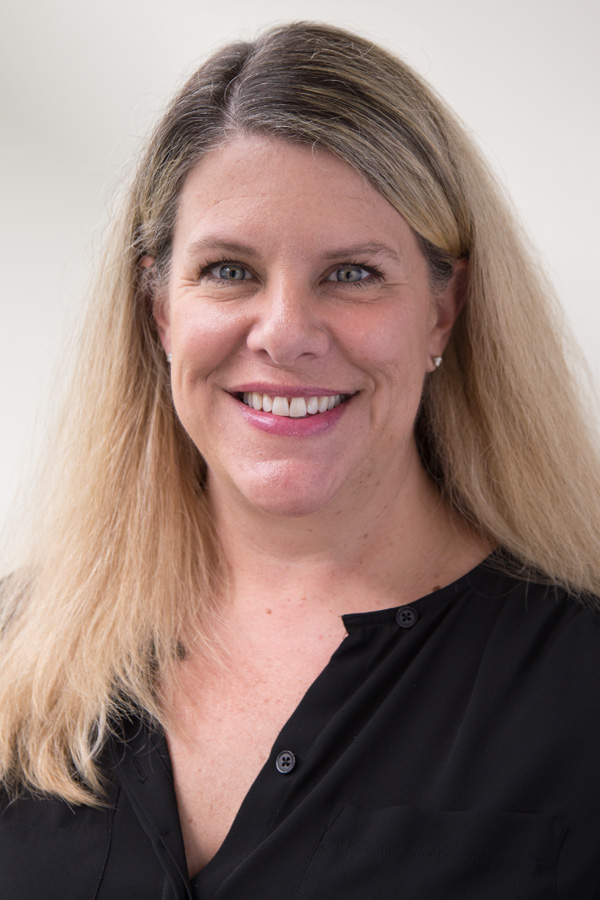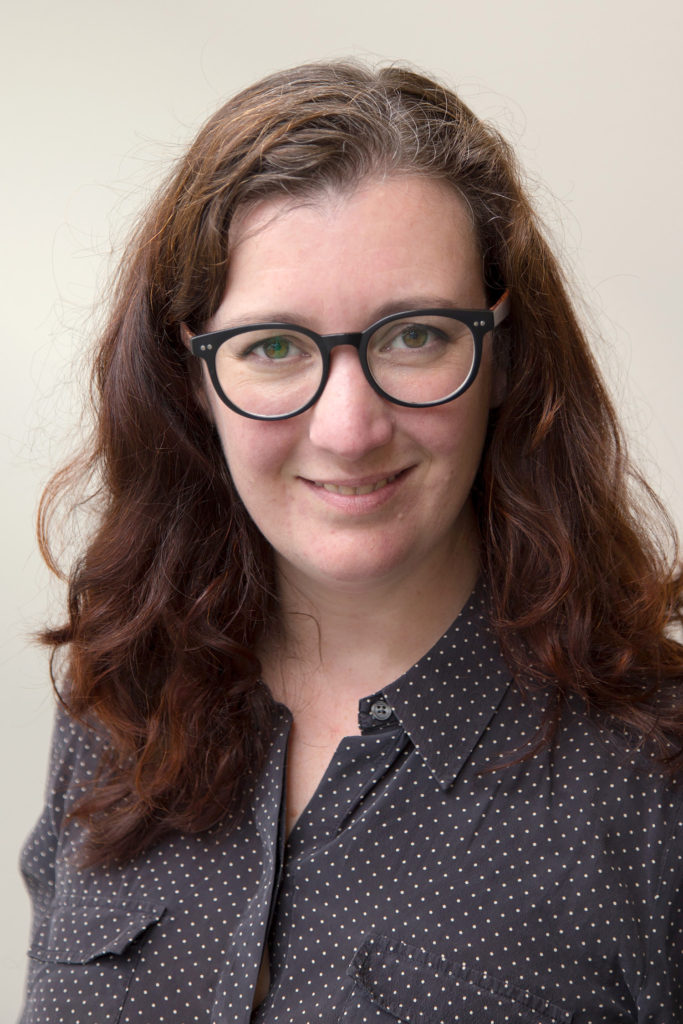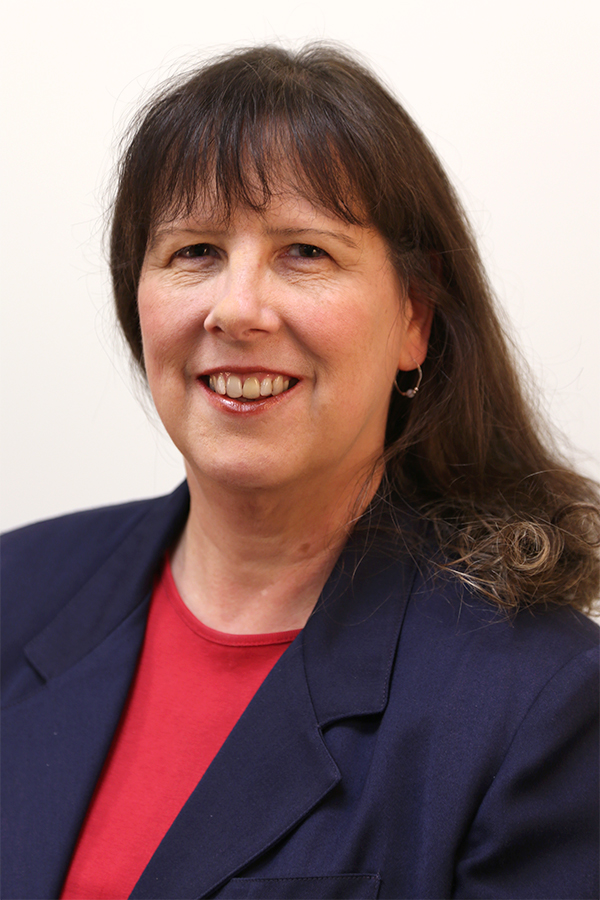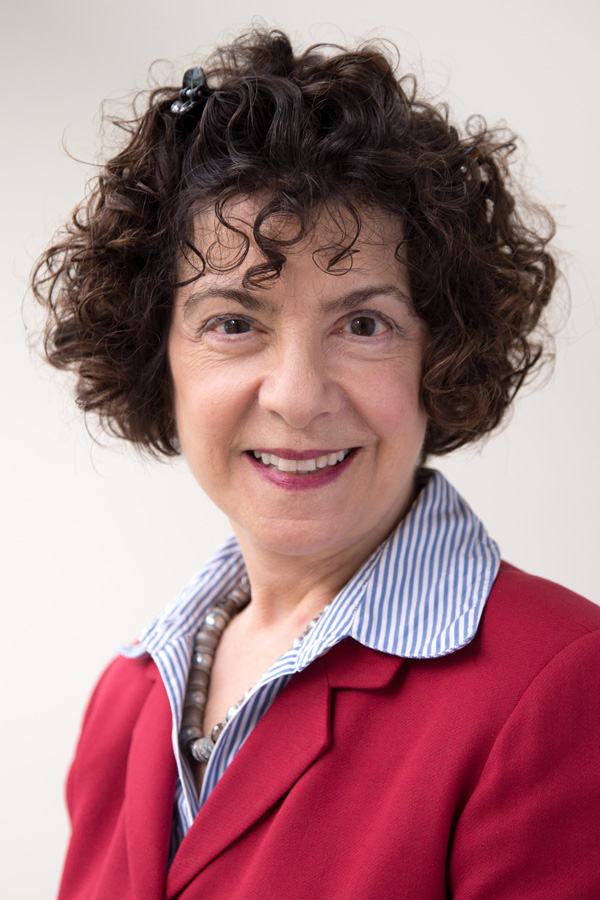Faculty Updates 2018-2019
Brian Bowe
Brian J. Bowe
Faculty Update
If nothing else, 2019 is shaping up to be a year of expanding international horizons for me.
As I write this, I’m living in Amman, Jordan as a Fulbright scholar. I’m teaching master’s students in the University of Jordan’s Prince Al Hussein bin Abdullah II School of International Studies. I’m also studying the Jordanian Arabic dialect, and learning how to play the oud. Amman is a fascinating and vibrant city, although the winter is turning out to be just as cold and rainy as it is in Bellingham.
In July, I’ll be heading to the World Journalism Education Congress in Paris to present three papers, all related to my current research about journalism education and curriculum design.
In August, I’ll be traveling to Tunisia with professors Joe Gosen and Carolyn Nielsen and six of our top-notch journalism students for a series of reporting workshops with faculty and students from L’Institut de Presse et des Sciences de l’Information and journalists from the Tunis-Afrique Presse wire service. We are able to embark on this project thanks to a $100,000 grant from the U.S. Embassy in Tunis. In spring, 2020, a group of Tunisians will visit Bellingham as part of the same project.
While I’ve got a lot of international work happening, I’m also conducting research back home. Washington State University’s Lawrence Pintak and I are working on a multifaceted research project about the experiences of the unprecedented number of Muslim-American candidates who ran for office in the 2018 midterm elections. This project includes a survey, an analysis of media coverage and social media traffic and interviews with candidates. Our work was honored with a Senior Scholar grant from the Association for Education in Journalism and Mass Communication. I’m also working with professor Derek Moscato on research on press releases from the Council on American-Islamic Relations.
I have managed to keep up with my first love, music journalism. I recently published an article about the Jordanian/Palestinian band 47Soul in Detroit’s Metro Times alt-weekly. New editions of my young adult biographies of punk bands The Ramones and The Clash were released in January by Enslow Publishers. I wrote the original books before I went back to grad school to get my Ph.D. I’m a much better researcher now, and I was better able to access archival materials for these books, and I think the new versions are much improved.
It’s a tough world out there for professional communicators. Social media continues to alter the way news is produced and consumed. And our current chaotic political and cultural landscape has provided news editorial, public relations, and visual journalism majors in my Mass Media Ethics classes with no shortage of topics to grapple with in the 2018-19 academic year.
Our students are embracing the challenges with original and compelling research on a wide range of subjects, from the ethics of vaping and the marketing of Juul to teens. to the ethics of presidential press secretaries and the impact of activist student journalists from Marjory Stoneman Douglas High School in Parkland, Florida, on the gun control debate.
I continue to be impressed with the passion, discipline and focus of our students as they chart the gray areas of our shifting media landscape. We’ve devoted much attention to how journalists report on political leaders who misrepresent the truth, how to ethically and effectively cover climate change and how to report on the Me Too movement, which has revealed sexual misconduct in high places (including the news media.)
Revelations of how easily Russian operatives gamed Facebook in the 2016 election, the mounting evidence that shows how anger drives engagement on social media and the ethics (or lack thereof) of online influencers all have contributed to robust classroom discussion and debate about the new challenges journalists, public relations professionals and the architects of social media platforms all face.
Over at Klipsun magazine, where I serve as writing coach and faculty advisor, our award-winning student editors, photographers, writers and designers continue to produce compelling narrative journalism in print and online. Take a look at And Then They Came for Your Family, on how local people are providing financial aid and moral support to undocumented members of our community who have been arrested, detained and deported by ICE agents. Help From Above, profiles mountain search and rescue worker Joe Edmark. Genuinely Good at Soccer traces Andrea Pelogi’s amazing journey from a Brazilian orphanage to being a star athlete at Western.
Finally, a personal note: Reaching back to my professional roots as a writer and editor specializing in religion, ethics and moral issues, I’ve co-authored a new book with scripture scholar Adam Bartholomew: Healing All Creation: Genesis, the Gospel of Mark and the Story of the Universe, will be published in April by Rowman & Littlefield. Aimed at a general audience, with particular emphasis on millennials, the book popularizes an ongoing conversation between theologians and scientists about the spiritual dimension of evolution and offers fresh insights on how people of good will respond to a wounded world. Find it on Amazon, beginning in April.
Text content
Faculty Update: John Harris
I’m writing this on the same day I’m about to teach a class — two actually — for the first time in six months. I’m easing into retirement, teaching two quarters each year, following the precedent set by Carolyn Dale and Tim Pilgrim. I’ll teach winter and spring quarters only, and I plan to do it indefinitely. By the time you read this I’ll be back in the swing of things, but today I’m a bit stunned.
The past year saw the publication of a magazine article I wrote on the World War II photographer George Strock, for which I still haven’t been paid more than a year later. The magazine, which will remain unnamed, explained it’s in the midst of restructuring its business model and doesn’t have money to pay its contributors — ah, the joys of freelancing. A chapter on Vietnam War photography I wrote was published in “The Palgrave Handbook of Artistic and Cultural Responses to War since 1914” — apparently, they couldn’t come up with a less sexy title. And my book on the 1964 NFL champion Cleveland Browns, “Redemption in ’64,” came out in October. It’s already selling in the dozens. The best part has been reconnecting with old friends, who heard about and/or read the book. I also received an email from a person in the UK who wrote that he laughed out loud at the line: “Groza’s older brother Frank kicked for the high school team, and Lou went along and shagged.” If you’ve watched the “Austin Powers” movies you know that in England shagged has a different meaning than it does in America. Oh, behave!
In May 2018, my 24-month ghostwriting project came to an end with the publication by Viking/Penguin of Anticancer Living: Transform Your Life and Health with the Mix of Six. Since its publication, the book has received international praise from some of the world’s leading experts on cancer treatment and prevention. The paperback version is scheduled to launch in May 2019. For me, researching and writing the book was enlightening and transformative. I interviewed dozens of the most respected scientists and oncologists about cancer biology, holistic healing and comprehensive lifestyle change. I also conducted interviews with long-term cancer survivors and found their stories both inspirational and heart-wrenching. In addition to publishing a book, in fall 2018 Associate Professor Maria McLeod and I received word that our article, “Public Relations Videography: A Classroom Case Study in the Production and Dissemination of Digital Content,” was published in The Journal of Communication and Media Studies. In terms of teaching, I continue to reshape and adapt my courses in News Writing, Editing and Digital Media to meet the needs of students in the changing media environment. Outside of school, I rode my bicycle along the Rhine River from the Swiss Alps to the North Sea.
This is my 13th year at Western, and I truly enjoy working with The Western Front staff every quarter of the academic year. It’s exciting to see the growth of the new reporters, and I love the development of the editors as they learn time-management and people-managing skills to create a terrific college newspaper.
But I have been the student newspaper’s faculty adviser for nine years, and I have decided it’s time to pass the torch to someone new. I will complete the spring quarter with the Front, then revert to teaching Newswriting and other journalism classes next year.
Meanwhile, my outside-of-Western life continues to be wonderful. My wife and I love to go biking on trails around the Northwest, and we ride just about every week. Our favorite trail right now is along the Anacortes waterfront, where we see seals and otters as well as herons and bald eagles. Being out in nature energizes us, and we cherish the experiences.
I am still serving as chair of our department and primarily teaching our senior PR courses. This winter, however, I am getting a chance to teach the Principles of PR course. It’s been a while (five years) and I always love being there at the beginning when students start to decide whether PR is for them. It is reinvigorating to be teaching the class, although I look forward to the love campaigns course in the spring.
Probably the biggest change for me is that I decided to go back to school (again) last spring. In March 2018, I began an online doctorate in education (Ed.D.) program through Arizona State University. I’m really excited about the program because it is hands-on and practical, with each of us working to try to improve something within our own organization. I got my inspiration from some of our fantastic senior news-editorial students: Logan Portteus, Hailey Palmer and James Egaran. For their Advanced Reporting course they wrote a fantastic series of articles about academic dishonesty issues at Western. Based on their initial findings, my goal is to develop online educational materials to help reduce the number of academic dishonesty violations in our department. Too many result from a lack of information and I’d like to figure out (with the help of my fellow faculty and students) how we might fill in that knowledge gap. One year down, two more to go.
On the personal side, the house is still a project (of course) and I’m trying to fit in travels around my work at Western and my studies at ASU. Next up – Austin in March and then Scotland/London in August (with, I hope, a Chicago visit in between).
Faculty Update: Derek Moscato
Text content
Since last year’s newsletter update, I’ve accepted a position as Chair of the Scholars Week Committee for WWU, working with Vice Provost Stephen Vanderstaay and Vice Provost of Research and Graduate School Dean Guatam Pillay to help administer the yearly campus event, as well as generate more participation and interest in works of student scholarship across campus. In other words, it’s a terrific opportunity to show my support of students’ academic pursuits, exercise my PR prowess and utilize my administrative skills. Unfortunately, I’ve been dealing with some unanticipated health issues that have kept me from working fall and winter quarter this year, but I intend to launch into my role directly upon my return this spring.
On the scholarship front, I was pleased to partner with my partner (see what I did there?), Senior Instructor Stephen Howie, to publish “Public Relations Videography: A Classroom Case Study in the Production and Dissemination of Digital Content” in The Journal of Communication and Media Studies. The department added the Video PR course to the regular academic schedule this year, but I was unable to teach it due to my medical leave. I hope to be able to offer the course next year, as students are enthusiastic and there is continued interest. In all my classes, I continue to challenge my students, and myself, by incorporating new technologies both for creating and sharing stories on multiple media platforms.
If you are on campus this spring, be sure to stop by. I’m always interested in hearing about your post-baccalaureate life and reminiscing about your student days as one of our #jkids (insert heart emoji here).
My biggest work-related accomplishment for 2018 was finishing my book. #Ferguson: Journalism Tradition, Technology, and Transformation (working title) is under contract with the University of Missouri press and should be published in 2019. The book examines contemporary news coverage of racial issues in a digital era. It combines analysis of coverage and interviews with journalists who covered Ferguson to help understand how the field is changing.
Over the summer, my work in this area earned recognition from the Association for Education in Journalism and Mass Communication’s inaugural Research Prize for Professional Relevance. This will also be the topic of my upcoming presentation for the CHSS Dean’s Lecture Series.
In October, I had the pleasure of being interviewed on KNKX’s All Things Considered about teaching journalism at a time of skepticism. It took about five minutes before former students started reaching out on Twitter because they recognized my voice on the radio. That was my favorite part.
I am continuing to teach reporting and advanced reporting and striving to continue to push audience engagement and big data. I am also still chairing the Student Publications Council.
This summer, I look forward to traveling with Brian Bowe, Joe Gosen and eight WWU journalism students to work with journalists, professors, and journalism students in Tunis, Tunisia. The Tunisian group will visit us in Bellingham in the spring. Brian’s U.S. Department of State grant will allow us to learn from journalists working in an emerging democracy and share our expertise and experiences with them, too. I cannot imagine a more exciting opportunity for people dedicated to our field.
On a personal note, I’m looking forward to officiating the wedding of two of my former students (who didn’t meet until after they graduated) and I’m still adjusting to being the mom of a college freshman (yes, Honey, *read the syllabus*).
I hope our former students will continue to reach out with their life updates. I love seeing what you are doing.
How has this school year been? Let’s take this exact moment as a sample: Here I sit in JFK’s terminal 8, revising a forthcoming article about metrics for The American Press Institute, fresh off of a meeting about newsletter and audience strategy at StoryCorps, with a half-marked-up copy of The Western Front in my bag, a list of students’ investigative story ideas at my elbow, and a half-plotted journalism department hackathon open in another tab on my browser.
And, full disclosure, I’m setting a rotten example: This blurb was due yesterday. (You might want to mark me down a full letter grade for that. I would.)
In sum, my first four months at Western have been lively, demanding and outrageously fun — not unlike our students, come to think of it.
That part is no surprise; I came to Bellingham from The Daily Tar Heel at the University of North Carolina, after a busy few years juggling journalism practice with life on campus (adjuncting at Northeastern and Harvard in Boston, earning a master’s in writing at Trinity College Dublin). I’m looking forward to bringing that practice (20 years’ worth now) to our students as they explore feature writing, new forms and platforms, and develop the crucial, durable qualities of curiosity, skepticism and hunger for growth.
As I find my way at Western, I’d like to hear about your growth, your practices of journalism and storytelling, and how your time here has influenced your careers. Please be in touch!
Peggy Watt
Our department used to be small enough that we all knew each other, but our enrollment is up. Pre-majors and majors are roughly even in number across the three tracks of news/editorial, public relations and visual journalism. The environmental journalism major has come out of hiatus, and we have some EJ students too. The growth is exciting and challenging!
In the past year, I have enjoyed teaching several of my favorite courses: Reporting, Mass Media Law and (in the summer) Klipsun. The increased enrollment justifies offering Klipsun at least every other summer, and the summer staff did wonderful work on the Fall 2018 issue. This year, I’m also teaching an Honors course on the First Amendment. Also, JOUR 350 Mass Media Law is now listed as one of the courses in the “law” track of the Political Science major.
I taught a few workshops for high school journalists at several events last year, including sessions on access laws and intellectual property issues at the national Journalism Education Association in San Francisco. The Washington state group came to Western again last summer for its “J-Camp,” too. Of course, this also introduces Western and its journalism program to prospective students throughout the state.
My ongoing research projects include studying the cost of processing records requests under Washington’s Public Records Act, and looking at effective use of technology to expedite public records requests efficiently and at lower expense. I was able to attend the national Freedom of Information Coalition conference to learn about activities in other states. I’m also working on a study of journalists who go into public office; a generation ago, Washington had numerous publishers and former journalists in the state legislature and other elected positions.
Alumni, please keep in touch! I hope we see some of you at the annual end-of-year journalism department picnic, too.
Sheila Webb
This past year was punctuated by medical leave in the spring for foot surgery. I would love to share a photo of me that a student snapped while I was rolling across campus on my scooter, but another time. I am grateful to have had the opportunity to get the surgery and for the support of the department.
I have become Chair of WWU’s Academic Coordinating Commission, which reviews curricular proposals. This committee is an integral part of faculty governance on campus. Last year, we approved over 600 proposals. Another service activity that is very meaningful to me is serving on the Student Publications Council. It is always an interesting process to interview and then hire the editors for all of the student publications. Their answers to our questions in the interview process reveal a sophisticated and considered approach toward the responsibilities of being a student editor.
I always enjoy participating in the AEJMC annual conference. This year it was in Washington, D.C., so that provided the opportunity to tuck in a visit or two to some national landmarks. I was especially taken with the official portraits of Michelle and Barak Obama at the National Gallery. Seeing these was a new museum experience, as people lined up behind a rope waiting their turn to take a selfie with the former president (or at least his image).
We continue to extend our curriculum. For example, the history class in the summer is done online. To engage the class, students participate in a robust discussion section on all of the readings. They also “hire” a dream team of important practitioners throughout eras from the Colonial Period to today. This allows them to go beyond a simple bio approach to propose a team that might, for example, cover the immigration debate or global warming. I continue to regularly teach Senior Seminar and Ethics. I redid the case examples to deal with the rush of new challenges the media face in the given political climate. I was pleased to see students grapple with coverage of burning issues, for example, an ethics audit of the coverage of the MeToo and Time’s Up movements.
